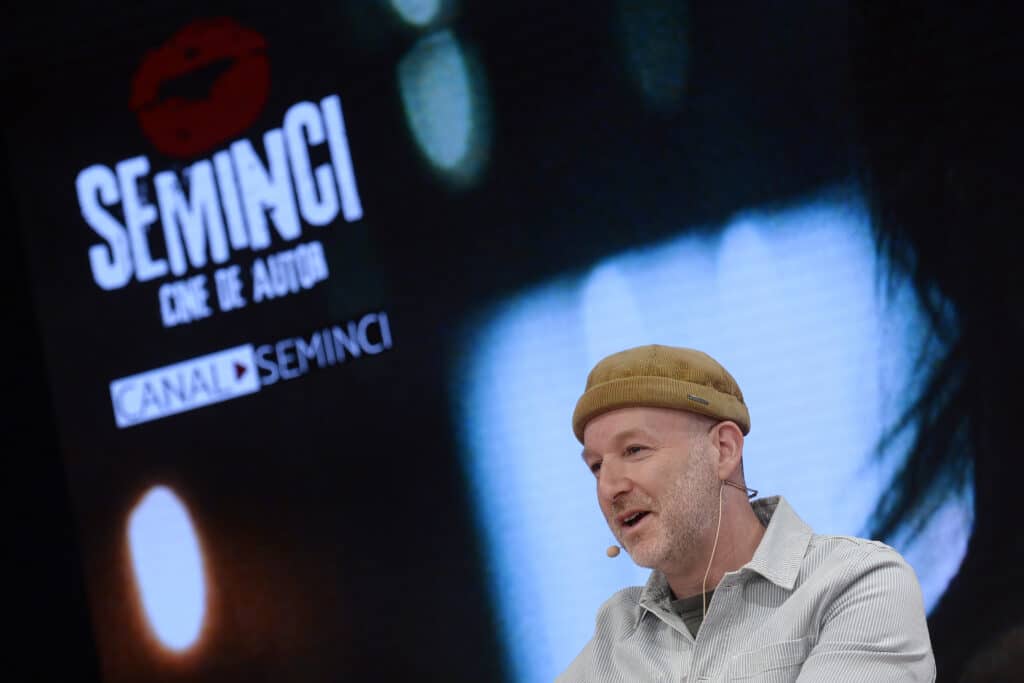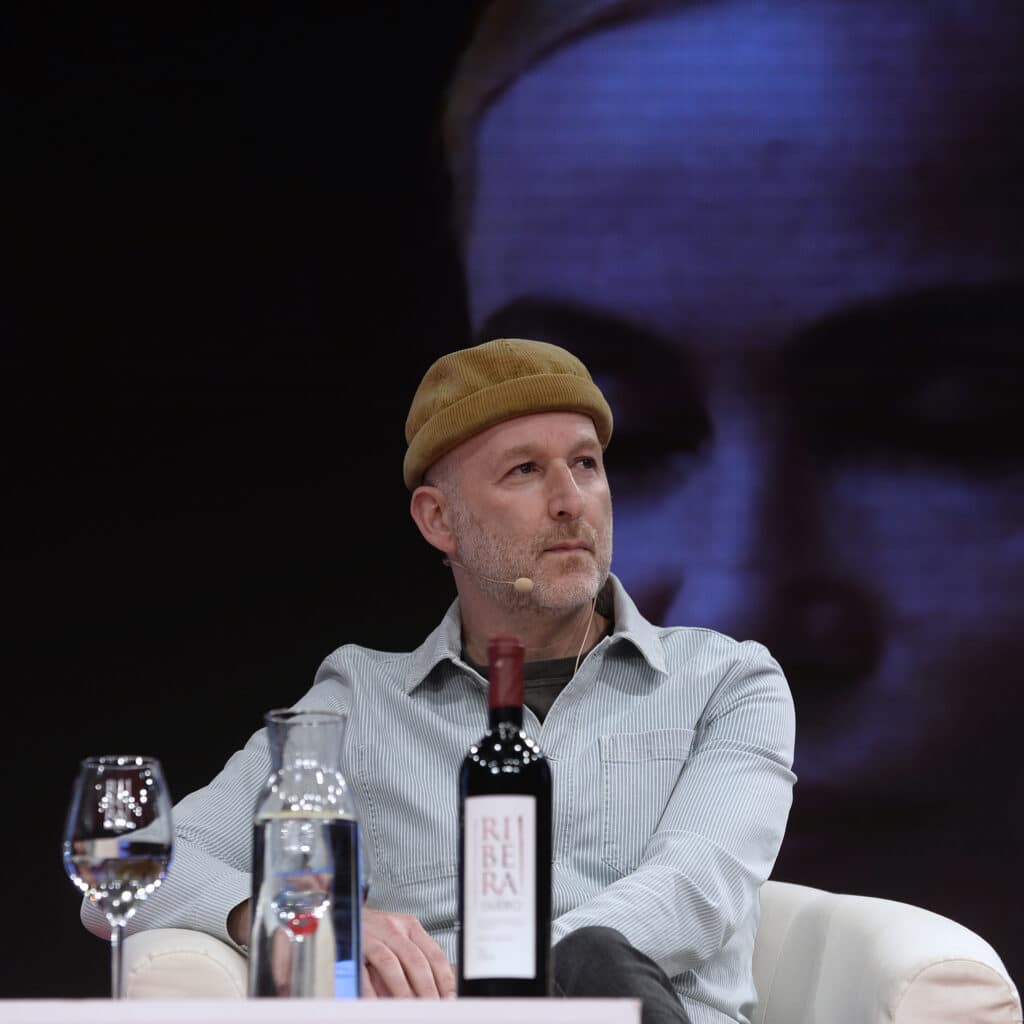The director of Les passangers de la nuit tells a story of everyday life based on family relationships
Mikhäel Hers, director of Les passangers de la nuit, has been able to explain first-hand some of the details of the film, which is competing in the Official Selection of the 67th International Film Festival of Valladolid. “Although it sounds like a cliché, when you imagine where your film might end up, you dream of seeing it in places you don’t know and in different cultures, so for me it’s a pleasure that it can be seen in Spain,” he said.
The geographical and temporal proximity makes the film quite close to Spanish viewers. At least for those who knew the 80s of the 20th century, a historical moment in which it is set more as a matter of nostalgia for the director, who lived his childhood and early adolescence in this period, than for the real needs of the script for the plot.
In the plot, a woman has just separated from her husband and has to start fending for herself in the family flat, where she continues to live with her two teenage children, but without her husband’s salary. In the street, Paris celebrates the predictions of change on election night 1981.
Ambience in the face of historic events
But Hers has shied away from reproducing events as a way of reclaiming the temporal space, beyond the occasional touch of historical context. To achieve that 1980s ambience, he has focused on getting the atmosphere right. “It’s more of a sensorial manifestation of the period, and in that sense I have sometimes described it as impressionist,” he said on the Seminci Channel.

The filmmaker’s own filmic resources to achieve his goal are joined not only by details of costume or props, but also by the radio studio where the protagonist, Élisabeth (Charlotte Gainsbourg), begins to work, where the announcer smokes and drinks whisky during her nightly programme Les passangers de la nuit. The programme itself, or more precisely the way of listening to late-night programmes, is dying out.
As Hers explained during the presentation press conference at Film Week, Vanda (Emmanuelle Béart) is an important character for all that she represents: “When I was young, I used to listen to these late-night programmes on my walkman, in which the listeners told very personal and intimate stories. I was struck by the fact that many people were listening to the same thing at the same time, each from a different place. Now, with podcasts, that no longer happens, it’s atomised”. Béart, in masculine clothes and shoulder pads, made the character his own the moment he chose the wardrobe, according to the director.
People walking towards the light

All those around the protagonist frame her evolution and, in one way or another, walk towards the light, as the director states. Both her teenage children, who never lose the family bond, and one of the most charismatic characters, Talulah (Noée Abita), who knows the feeling of belonging to a family group thanks to Élisabeth’s welcome. It is precisely thanks to Talulah that Hers brings out one of the film’s most important concepts: that of the selfless generosity that characterises Élisabeth.
The protagonist’s recovery from her depression, the political, social or personal growth of her children, Talulah’s recovery from her drug addiction… All events have their own rhythm in the film. “We seem to be used to films having an unnatural rhythm, a succession of climaxes that don’t happen in reality. Life is not like that. It has higher and lower moments, but not like that. I have tried to restore the rhythm of life in the film”.



























![Logo Foro Cultural de Austria Madrid[1]](https://www.seminci.com/wp-content/uploads/2024/09/Logo-Foro-Cultural-de-Austria-Madrid1-300x76.jpg)








